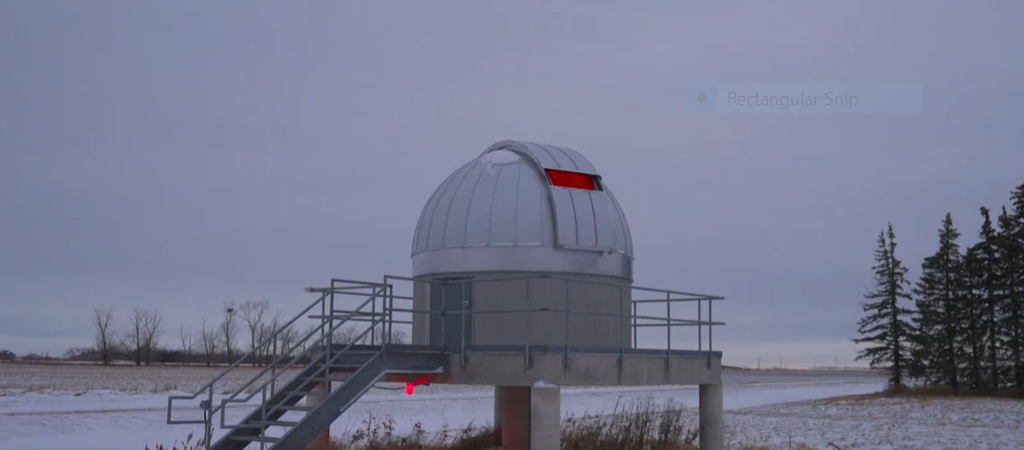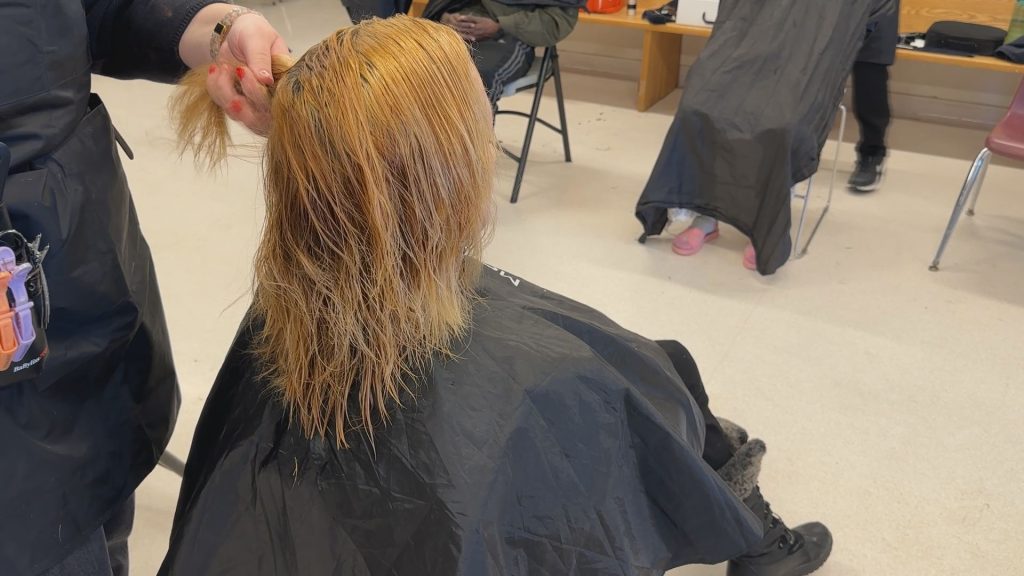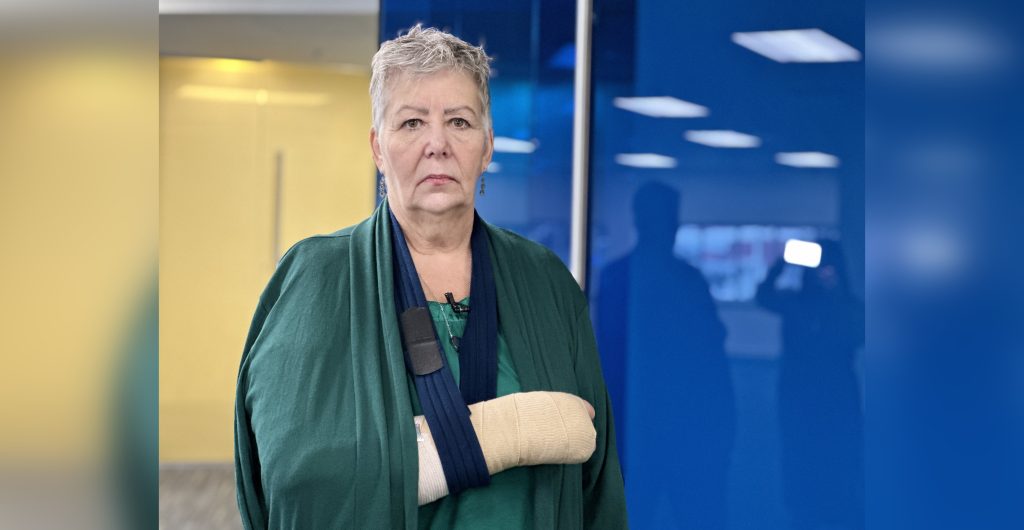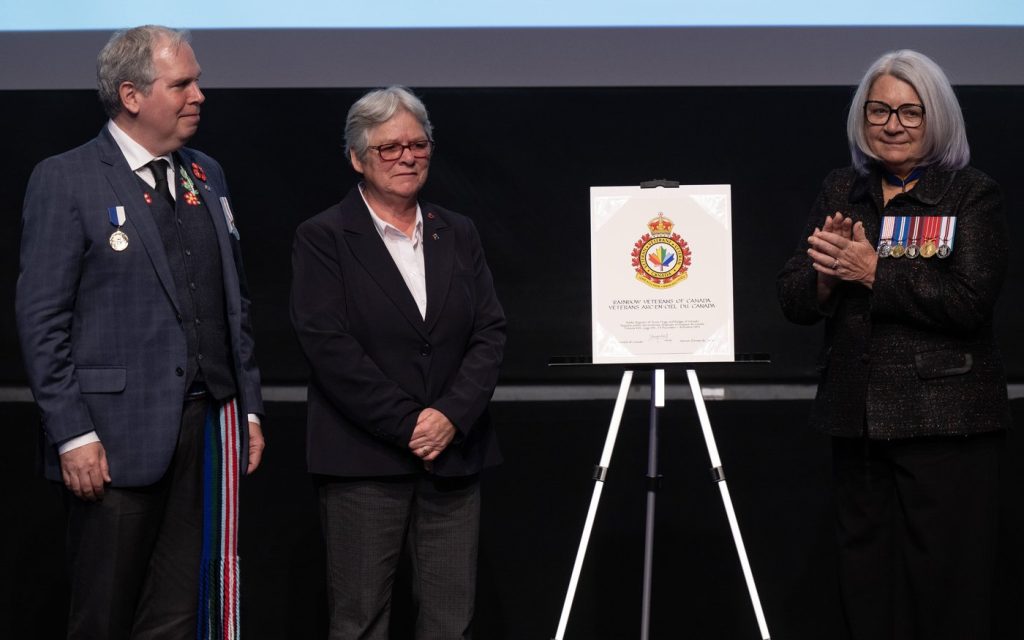Disappearance of Winnipeg man while in homecare was preventable: review

Posted December 18, 2024 6:52 pm.
Last Updated December 18, 2024 6:53 pm.
The disappearance of an 81-year-old man with dementia in Winnipeg could have been prevented and now sweeping changes are being made to try to stop similar tragedies in the future.
A beloved father and family member Earl Moberg disappeared in December 2023 in the River East area, and an Critical Incident Review by the Winnipeg Regional Health Authority (WRHA) determined there were gaps within its homecare system that contributed to his tragic vanishing.
Family asked for help
Speaking with reporters Wednesday afternoon, Wendy Singleton the WRHA’s Director of Client Relations and Engagement in Quality and Patient Safety said the review into the death is the first of its kind and was done in close consultation with the Moberg family, acknowledging the entire situation has caused tremendous pain and grief.
“We have the opportunity every time a family is willing to talk with us to do better and we’re absolutely committed,” said Singleton. Adding later: “This is a family that does not have closure.”
The review found calls by family to have Moberg, who attended the Adult Day Program through the WRHA, attend programming closer to his home after transportation issues prevented his regular programming, went unanswered.
It also identified several “missed opportunities for proactive care/safety planning” and missed care upgrades for Moberg during various points of contact with the system.
Changes coming to several systems
As a result, seven recommendations have been made, and officials hope the changes offer some solace to the grieving family, as Moberg has never been found.
They include a mandatory refresher for Home Care Case Coordinators and improved avenues for clients to access progressive treatment while making changes to how patients in the Adult Day Program are placed geographically and transported.
The review also detailed a planned review of respite protocols to ensure quicker, more flexible, support for family caregivers, while streamlining connections to services like the Alzheimer’s Society First Link Program.
The WRHA also publicly acknowledged the benefits of a Vulnerable Persons Registry and Project Life Saver, committing itself to working with community stakeholders to advocate for such programs.
Asked if the recommendations comes down to more funding and more staffing for home care within the WRHA, Luba Bereza, Director of Health Services in Centralized Home Care and Regional Palliative Care, noted while more resources may be needed, it’s also changes within existing resources, making information more accessible and being conscientious about the processes in place.
“It can be about increased resources, but it can be about being very deliberate about the staff, the processes we have. The partnerships we have and leveraging them,” she said.
Singleton says when it comes to the recommendations, it is critical they have family insight into what they feel went wrong within the system, saying they’re trying to build trust with families to make improvements.
Family reviewed draft recommendations
“We know that every person’s experience of the healthcare system is their own individual experience,” said Laurel Rose, the WRHA’s Executive Director of Health Services in Continuing Care.
She met with members of Moberg’s family and said they went through the draft report and recommendations together to ensure what was in the review included what they felt was the appropriate action, saying when doing this work, people’s experiences must be kept front of mind.
“We have to treat that person-to-person relationship as a new relationship every single time and not go into that with any assumptions about what people know or understand, or what we are determining from our interactions with them,” she said.
“That consistent engagement, which is the core of the work that our healthcare providers do in these long-term relationships of providing care, that at no point in that journey, should you make any assumptions as each day is an opportunity for us to re-listen and see what stage we’re at.”








